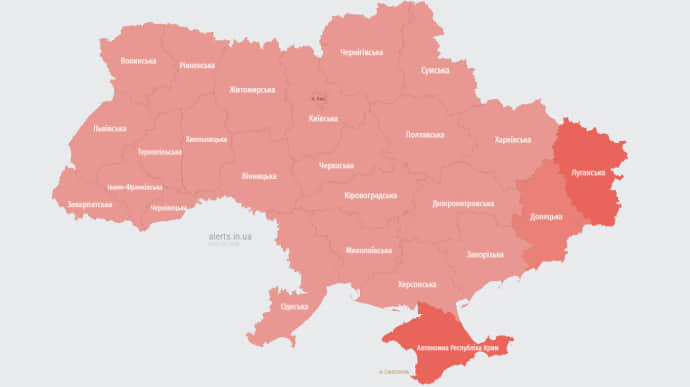Biden stakes out economic legacy at Brookings as Trump readies takeover
President Biden on Tuesday made the case for the strength of his economic legacy as he prepared to leave office next month, arguing President-elect Trump would be inheriting a desirable situation and warning of the risks of the incoming administration’s proposals. Biden delivered remarks at the Brookings Institution, a major Washington, D.C., think tank, to...

President Biden on Tuesday made the case for the strength of his economic legacy as he prepared to leave office next month, arguing President-elect Trump would be inheriting a desirable situation and warning of the risks of the incoming administration’s proposals.
Biden delivered remarks at the Brookings Institution, a major Washington, D.C., think tank, to tout the results of his economic agenda over the past four years, even as he acknowledged the pain inflation has caused many families.
The president outlined his belief that his administration’s investments in the middle class, the nation’s infrastructure and manufacturing will endure and prove better for the country in the long run than Trump’s proposals for tax cuts and tariffs.
“I came to office with a different vision for America that’s been consistent with my record — good, bad or indifferent — since I've been a senator: Grow the economy from the middle out and the bottom up,” Biden said.
“Four years later, we have proof the playbook is, at least now, working,” he added.
Biden rattled off a laundry list of accomplishments and strong economic indicators from his time in office. He cited a bipartisan infrastructure bill that invested in the nation’s roads, bridges and airports; another bipartisan law that boosted investments in semiconductor production; and Democratic bills that lowered the cost of prescription drugs and invested in clean energy.
Despite strong employment figures, Biden’s presidency has been hampered by stubborn inflation, with rising costs contributing to voter dissatisfaction that ultimately helped put Trump back in the White House. On Tuesday, he attributed inflation to the lingering effects of the coronavirus pandemic and Russia’s invasion of Ukraine, which hiked energy costs and further hampered supply chains.
But he argued the United States was in a stronger position than any other major economy in the world, and he offered skepticism that the incoming Trump administration’s plans would produce better results.
Trump has signaled he intends to extend the tax cuts first passed in 2017 during his first term, push to lower the corporate tax rate, impose tariffs on foreign imports and drastically cut regulations and federal spending.
“By all accounts the incoming administration is determined to return the country to another round of trickle-down economics … once again causing massive deficits or significant cuts in basic programs,” Biden said.
“I believe this approach is a major mistake. I believe we’ve proven that approach is a mistake over the past four years,” he added.
Trump is poised to inherit a strong economy. The Federal Reserve has cut interest rates twice in recent months, with more cuts possible in the months to come as inflation has generally cooled.
Biden argued Trump’s second term should be graded against his own based on key economic indicators. He urged Americans and economists to watch whether Trump produces more jobs than the Biden administration, or leaves office with lower inflation or lower unemployment.
“These are simple, well-established economic benchmarks,” Biden said. “They’re not political or rhetorical opinions. They’re just facts. Simple facts.”
Tuesday’s speech comes as Biden and his staff have sought to emphasize his achievements and make the most of his final weeks in office. Biden last week traveled to Africa, a capstone foreign policy trip that fulfilled a pledge he made in 2022 to visit the continent while in office.
White House chief of staff Jeff Zients on Monday penned a memo to staff outlining plans for the administration's final roughly 40 days, which included the confirmation of judges; finalizing investments allocated by the American Rescue Plan, the Inflation Reduction Act and other laws; and action on artificial intelligence and climate.



